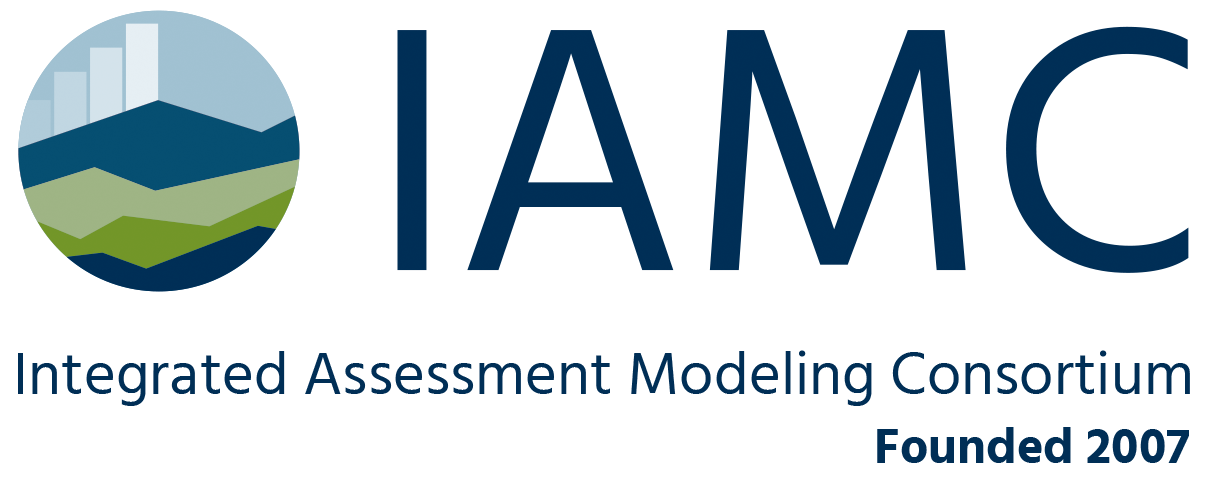World bank study – Carbon markets: Why digitization will be key to success
A cornerstone of carbon markets has been the Monitoring, Reporting, and Verification (MRV) of reductions in greenhouse gas emissions. MRV is a multi-step process to measure the emission reductions achieved by a specific mitigation activity, report the findings to an accredited third party, and verify the reductions so they can be certified, and carbon credits can be issued. Currently, the process is often costly, time-consuming, and susceptible to error, as it relies on manual information recording or in-person surveys. But increasingly, digital technologies are being used to streamline data collection, processing, and quality control in MRV processes.
This potential of D-MRV and the suggested measures to unlock it are described in the recently published World Bank study Digital Monitoring, Reporting, and Verification Systems and Their Application in Future Carbon Markets. The study identifies the key barriers to D-MRV systems, and encourages governments to create an enabling environment for D-MRV systems to support the design, implementation, and operation of these systems.
To promote the development of an enabling environment, the D-MRV study proposes tools and guidelines to assess D-MRV systems, evaluates the suitability of a parameter or methodology for digitalization, and lists commonly monitored parameters and corresponding, appropriate digital technologies, or combinations of technologies, to track these parameters. The study also has case studies on existing D-MRV systems around the world.
Read the World Bank study Digital Monitoring, Reporting, and Verification Systems and Their Application in Future Carbon Markets





